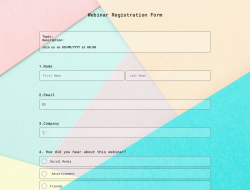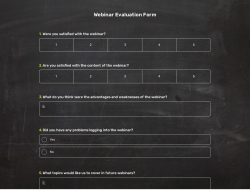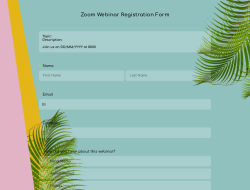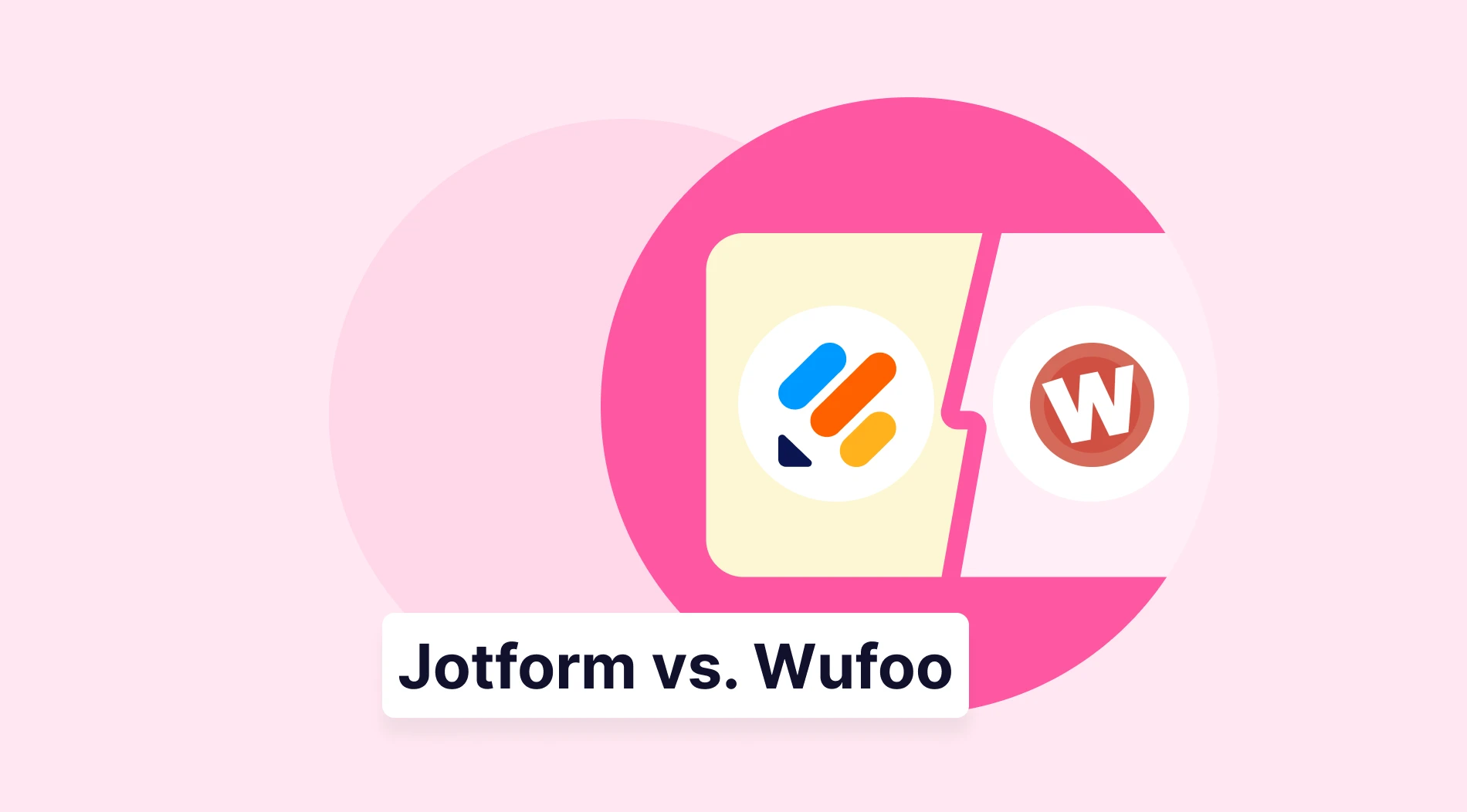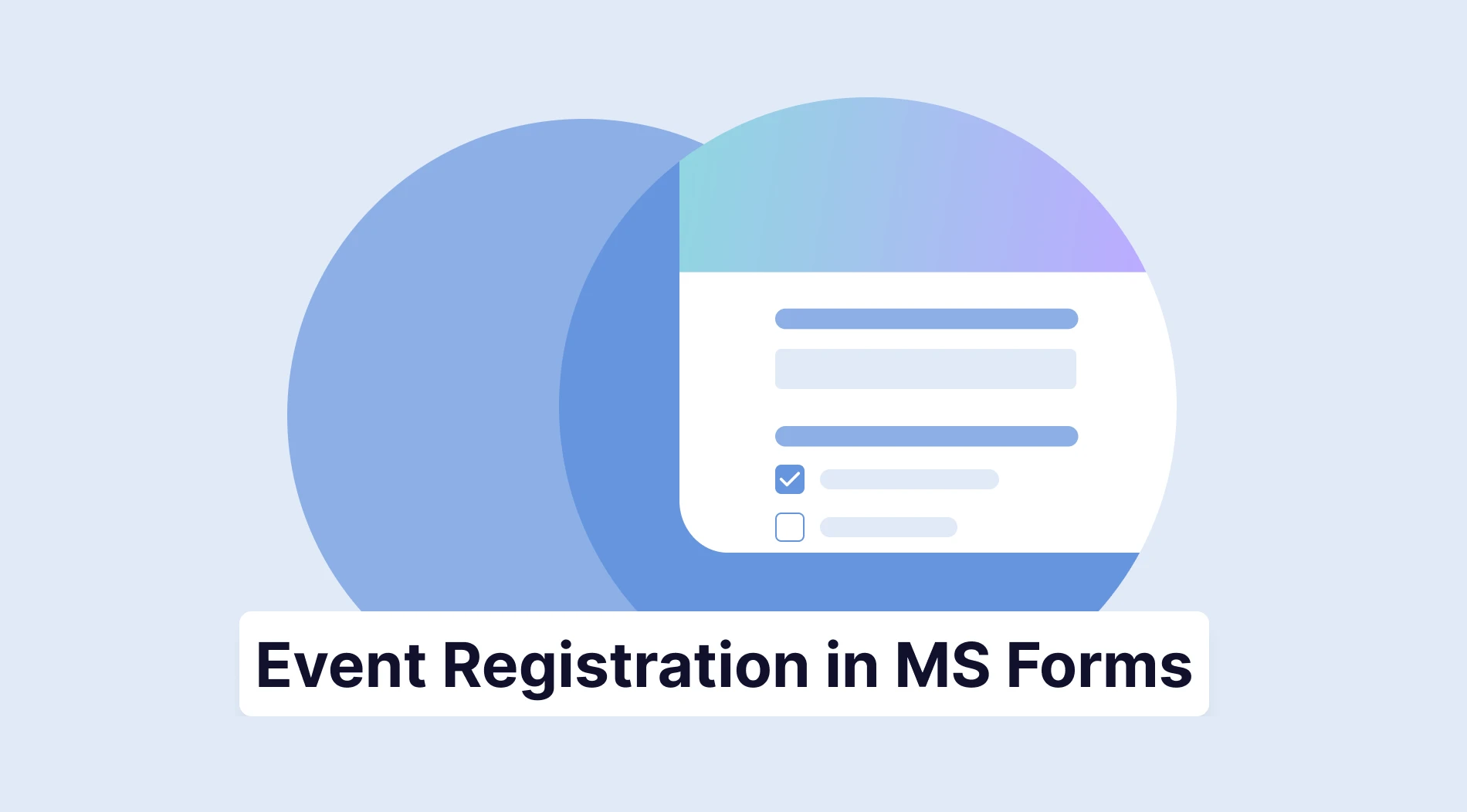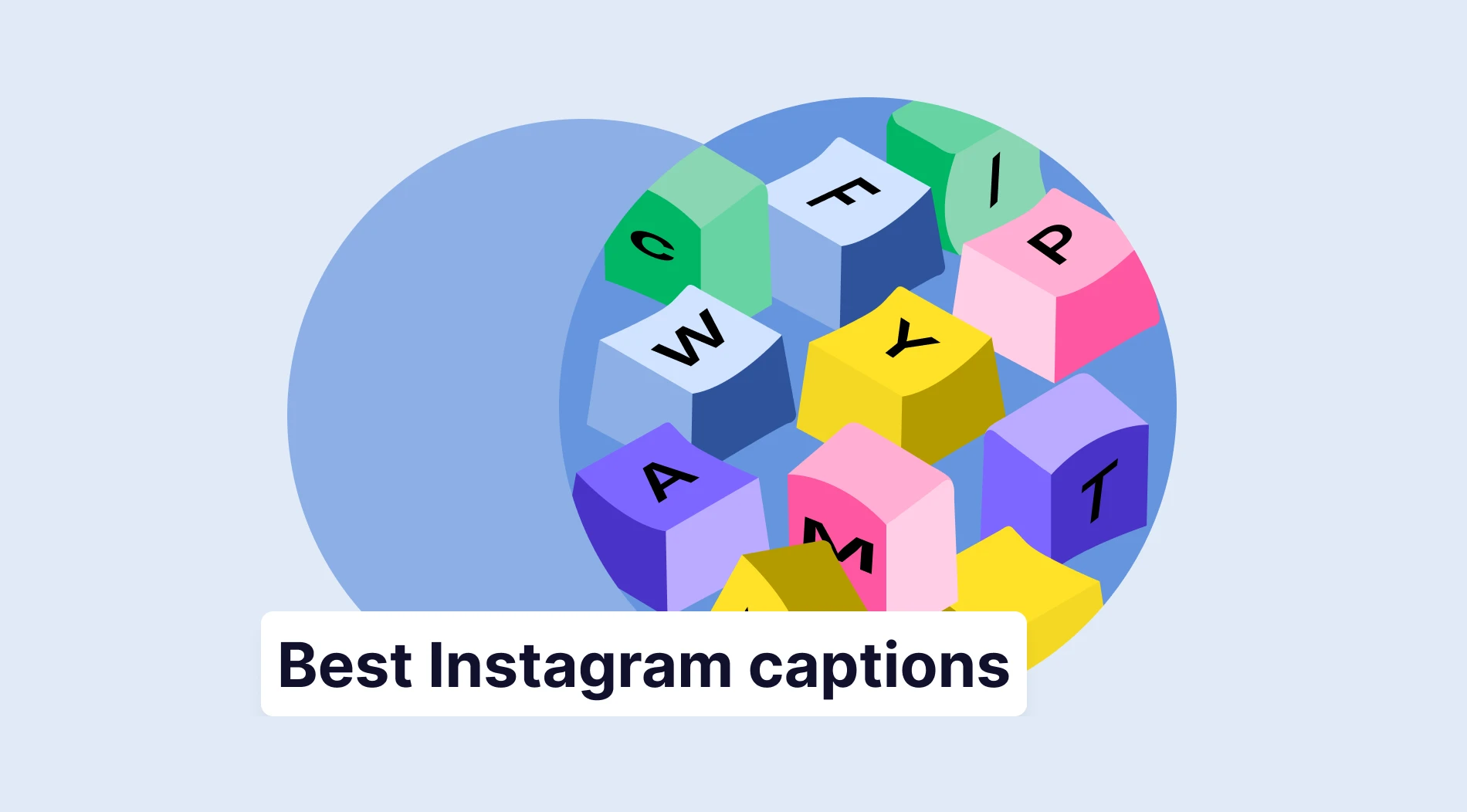Companies use different platforms to organize joint meetings and seminars with employees. The webinar is one of the most suitable choices. Thanks to web-based platforms, conferences can be held independently of the venue.
Webinars take place online; therefore, it is easy to use if the infrastructure and internet are available. The webinar features are often used for meetings, distance learning, and workshops. In this article, you will learn how to get the most out of your webinars and capture leads with a little help from forms.
Why are webinars an excellent source for getting leads?
In the modern digital age, you may reach a broad audience from any location, including your house. Several options include building a website, releasing a podcast, or writing about your sector.
So what is a webinar? Webinars are valuable tools that enable participants to pick up new skills or gain industry knowledge from knowledgeable presenters. It is also a practical technique to build a strong bond with your audience and win consumers over to your business. The Webinar platform is a tool that provides a great advantage to individual users:
1 - Accessibility
It saves time as the participants and the organizer can come together without coming together. The online meetings that can be held in sudden situations without wasting time make it easier to take quick action. Participants fill out the webinar opt-in page easily, and they can log in quickly.
2 - More vital communication
In comparison to voice calls, it allows for more vital interaction because it also includes a visual component. It makes it easier for the participants to understand the focused subject thanks to its capabilities, like screen sharing. Live chat during meetings speeds up the transmission.
3 - Low cost
It facilitates the efficient functioning of small or home-based businesses. It considerably lowers transportation expenses because there is no requirement to go from one location to another. It enables businesses with workers in many areas or nations to arrange meetings.
4 - Generate leads
Information about potential customers is gathered since participation is optional. Future marketing plans and tactics can make use of this knowledge. A webinar will also help you with word-of-mouth marketing as you can build up a community for yourself. Additionally, the brand will get recognition, and the Webinar may boost brand sales.
How to use your webinar to generate leads effectively
Webinars have long been an effective content marketing tactic. Your prospects can hear you talk and see your slides on their computer screens. How you can generate leads by using the webinar effectively is explained in all detail:
1 - Create customer personas
You may start by determining who will attend your perfect webinar. Customer characters allow you to understand your current and potential customers better. Identifying the target audience can also mean identifying the potential customer base.
In the webinar, you can make an addition about which occupational group there are main participants, and you can prepare the content that will attract the target audience's attention. Or you change your way of addressing by making minor adjustments to your content. Use these questions to identify your ideal buyers:
- What is the topic?
- Who should be invited?
- Who are the speakers?
- What media are being utilized for advertising the webinar?

2 - Plan a webinar with great content
People attend webinars to learn something. The most important feature of a webinar is its topics and content. Therefore, the most important thing is to choose the issues well and ensure that the cases are interesting. Current and exciting topics of the participants can attract more attention of the participants.

3 - Promoting your webinar
All the effort you put into creating the webinar will be wasted if no one comes to listen to you. In order to make people aware of your webinar, you need to share and advertise it on relevant social media channels. Here are a few suggestions for promoting a webinar:
- Social media: You can benefit from the power of hashtags while announcing your webinar on social media. A branded hashtag can also be used as an engagement tool during your webinar.
- Email marketing: Prepare a list of email subscribers who fit the characteristics of the ideal webinar attendee. Send emails to the participants that will provide information about your webinar.
- Forms: You can make it easier for customers by creating a signup form. You can use forms.app for create the webinar signup form. The forms.app is the best webinar signup software among the form builders. This way, participants can register quickly.
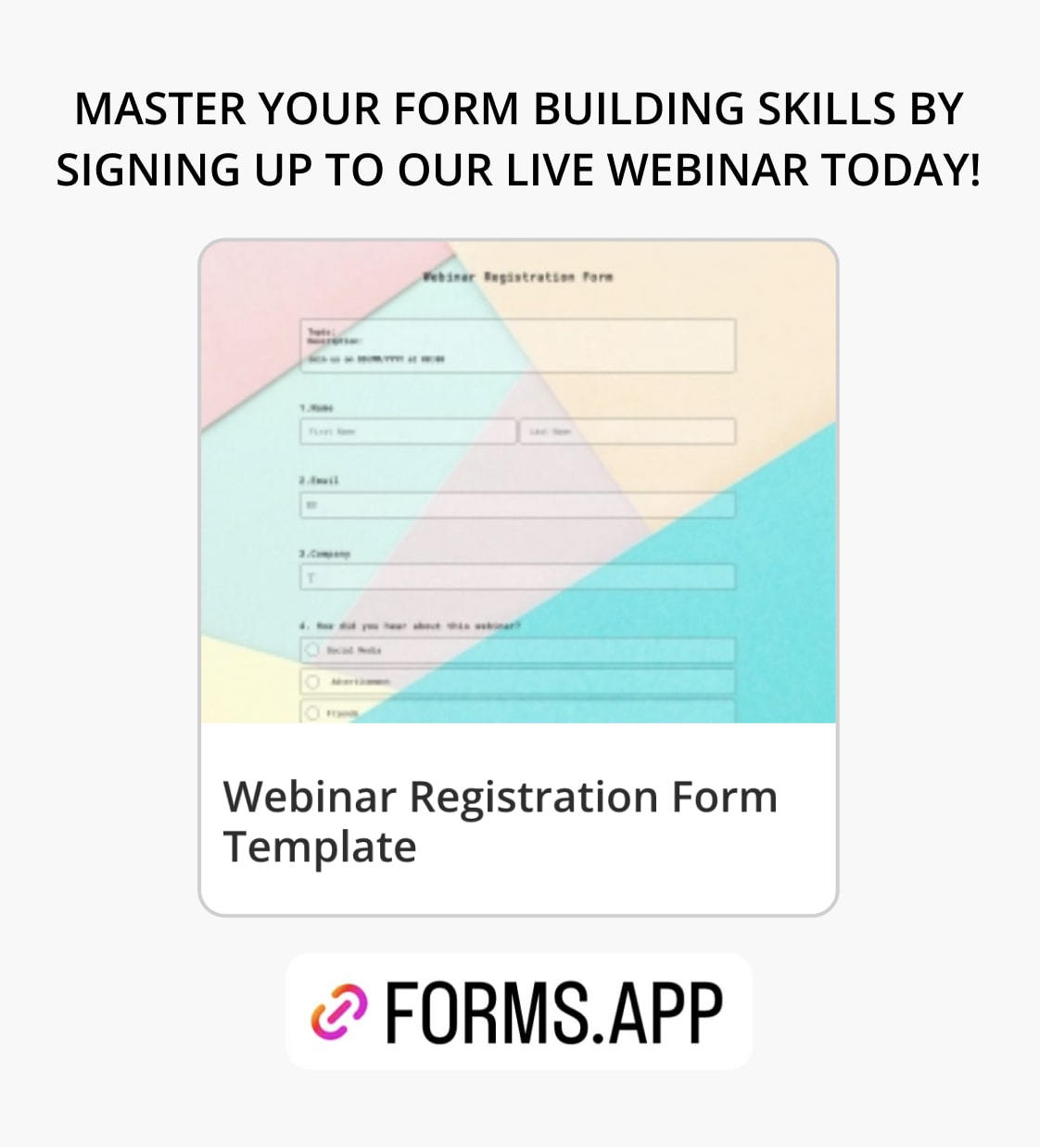
4 - Interact with your participants
One of the most significant benefits of webinars is the live interaction with the audience. Enabling the chat tool in the Q&A section is one of the simplest methods to communicate with guests. Participants can ask you any questions they may have in this manner. You can easily reach the participants by creating a webinar feedback form on forms.app.
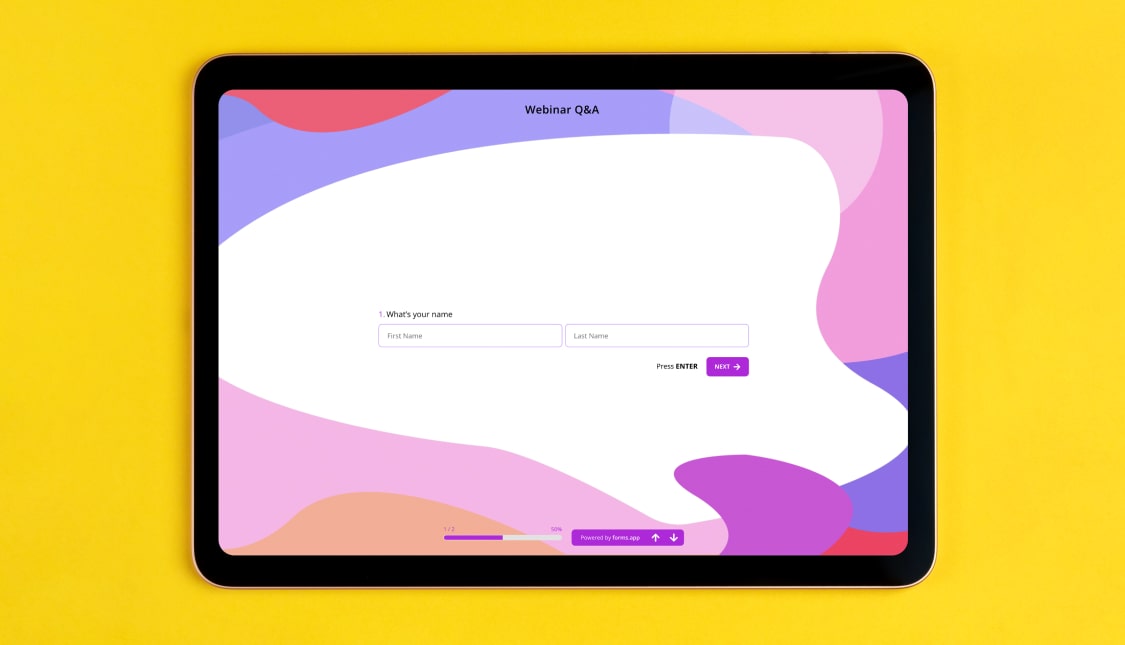
5 - Lead nurturing and follow-up after your webinar
Only some people attend to webinar who fill out the webinar registration form. Therefore, after the Webinar, you need to plan the webinar emails you will send to the participants and those who registered and could not participate in the event. Depending on what stage of the funnel the webinar is in, you can send participants more relevant resources and offer content that promotes your products. In addition, you can interact with customers through:
- The forms you will prepare on forms.app
- Follow-up LinkedIn messages
- Follow-up emails with the highlights and maybe the recording
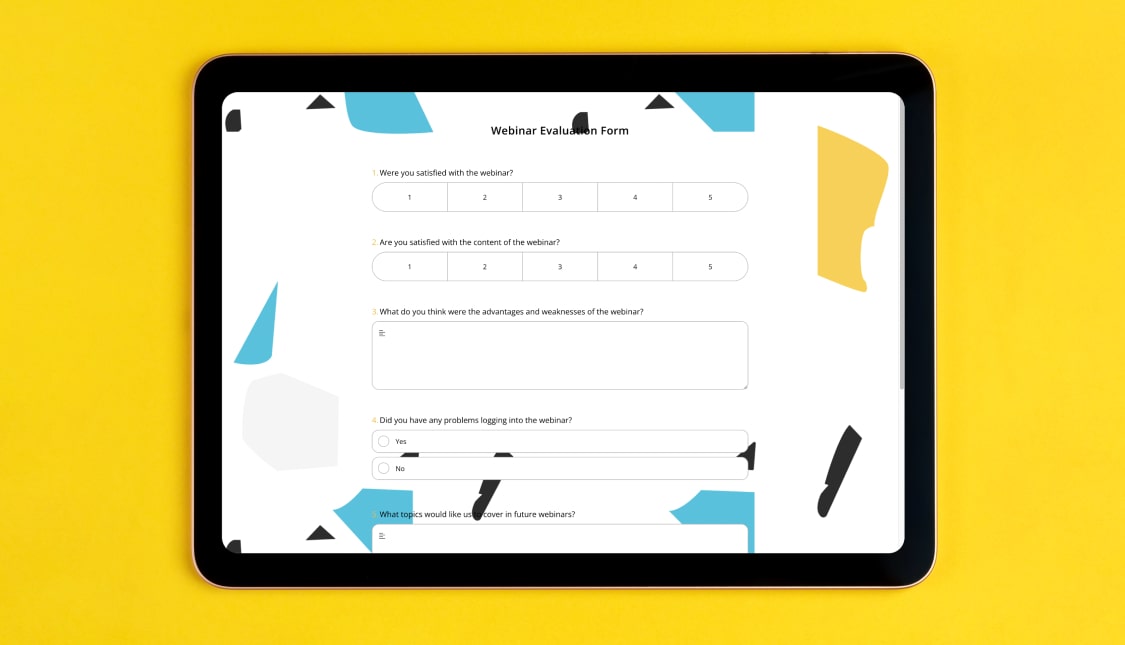
How to use online forms to find potential customers
Lead capture form for events helps engage potential customers searching for, discovering, or viewing relevant content. You can attract potential customers with online forms that you can easily prepare on forms.app. How Does? Easily create forms to interact with customers on forms.app.
Ask customer-oriented questions on the form you completed. Using the conditional logic feature, ask additional questions or don't show the following question based on user responses. For example, when you request a client who attended your seminar, "Do you currently work in an agency," you can ask whether the agency works depending on the answer; If the answer is no, you can hide the agency-related question.
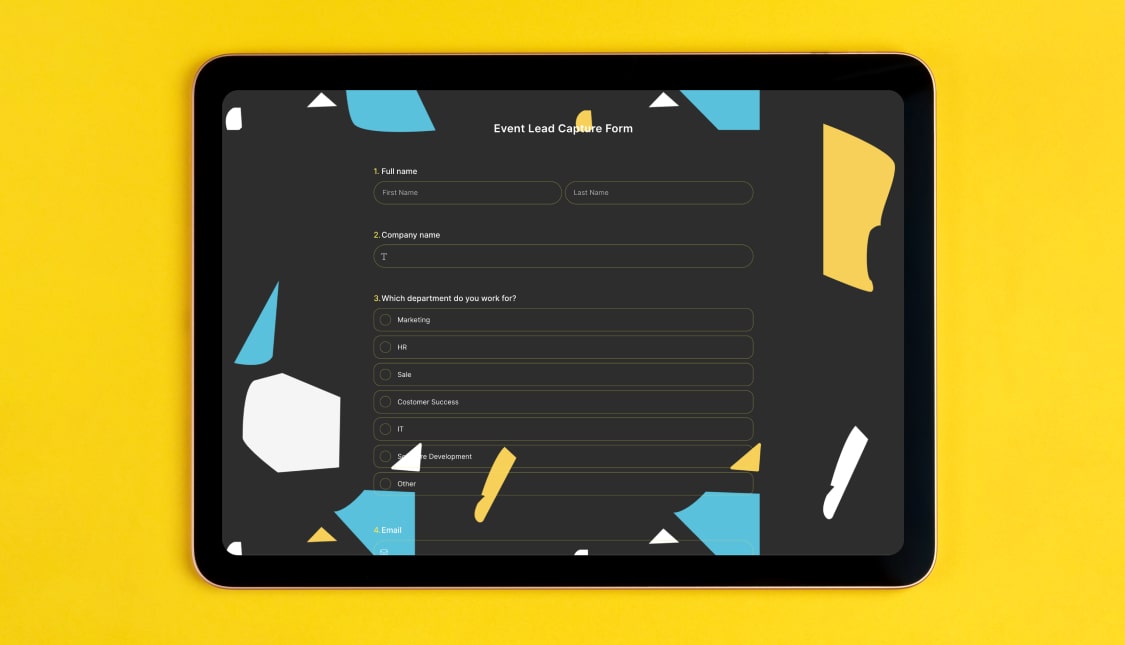
Best templates to create your webinar form for free
In conclusion, using the webinar tool to generate a successful lead is more than just turning on the webcam and talking. You should craft the presentation carefully to build rapport, build trust, and convey credibility. Remember that no matter how good a webinar is, most attendees will not immediately convert to buyers.
Ensure your audience is satisfied with the webinar information and that you leave a remarkable impression about yourself and your business. After capturing leads, you must keep in touch and nurture your relationship with your audience. Remember, they may become customers or tell others about your product or service! You can create your form using the template below.
Sena is a content writer at forms.app. She likes to read and write articles on different topics. Sena also likes to learn about different cultures and travel. She likes to study and learn different languages. Her specialty is linguistics, surveys, survey questions, and sampling methods.
.jpg)
